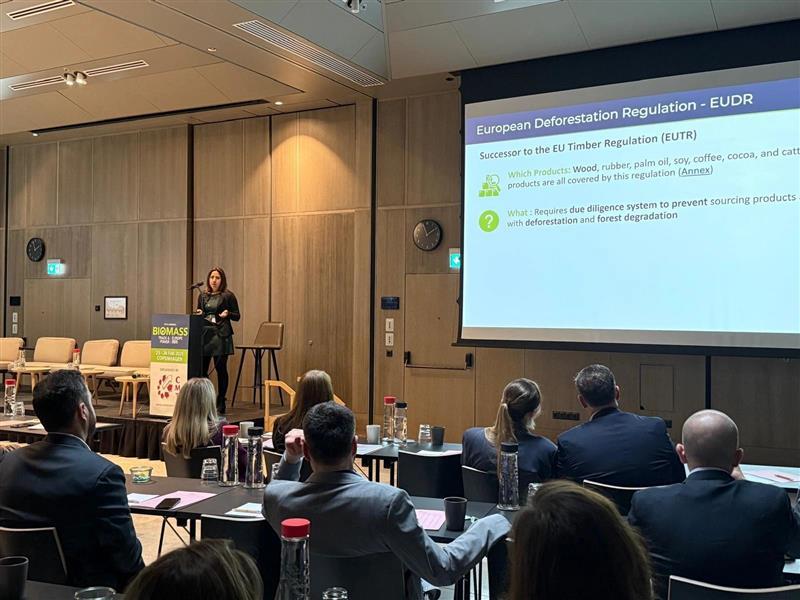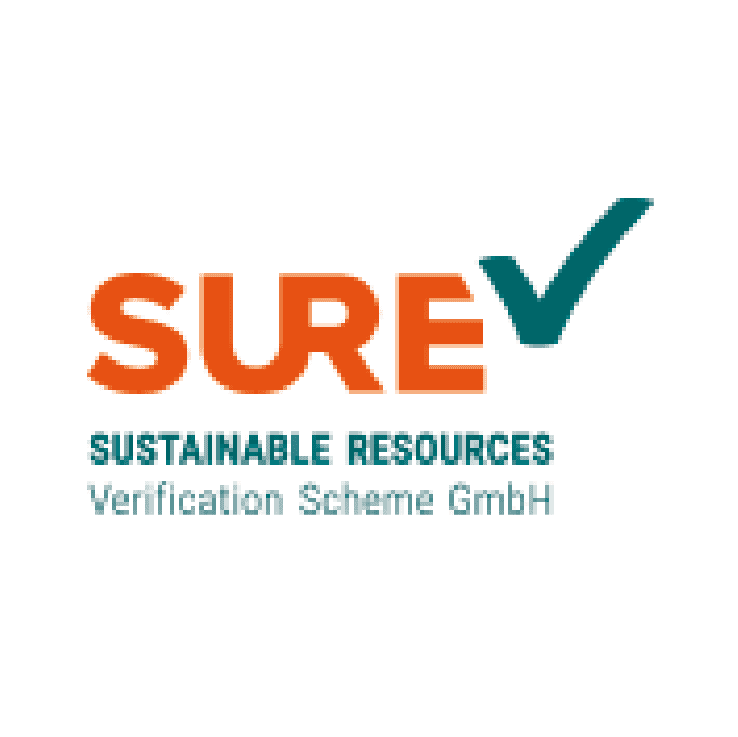
Key Policy Takeaways from the 8th Biomass Trade & Power Europe Conference
On February 25-26, 2025, industry leaders gathered in Copenhagen for the 8th Biomass Trade & Power Europe Conference. The event explored the future of biomass in Europe’s energy transition, covering topics such as future industrial wood pellet demand, BECCS advancements, and emerging markets like biochar, biocoal, and Sustainable Aviation Fuel (SAF). Discussions also focused on the impact of EU regulations, particularly the Renewable Energy Directive III (REDIII) and the Deforestation Regulation (EUDR), on biomass sustainability and supply chains.
Irene di Padua, Policy Director at Bioenergy Europe, provided a comprehensive update on the regulatory landscape. She highlighted the importance of sustainability criteria under REDIII and explained key EUDR provisions, including country-of-origin classifications and the requirements coming with the definition of no-risk category. She also stressed the need for engagement, not just from Brussels, but from the industry as a whole to ensure actionable provisions.
Looking ahead, Bioenergy Europe’s Policy Director addressed the upcoming Clean Industrial Deal (CID), offering insights into how it could shape future opportunities for bioenergy and biomass-based industries. With industrial decarbonisation high on the EU agenda, she highlighted potential challenges but also the role that sustainable bioenergy can play in achieving climate goals while bolstering the EU’s competitiveness. The CID could present an opportunity, fostering the EU’s clean technologies manufacturing sector, simplifying access to cheap and sustainable energy supplies and opening new possibilities for a bioenergy export strategy. Lastly, the presentation touched upon the Bioeconomy Strategy, expected to be published in the last part of the year, set to reshape the bioeconomy sector.
The session provided crucial policy updates for stakeholders navigating an increasingly complex regulatory framework. As EU policies continue to evolve, the sector should keep coordinating to ensure actionable legislation at national level. Bioenergy Europe supports its members to stay ahead of policy developments, join Bioenergy Europe to strengthen the voice of bioenergy and contribute shaping the future of the sector.




